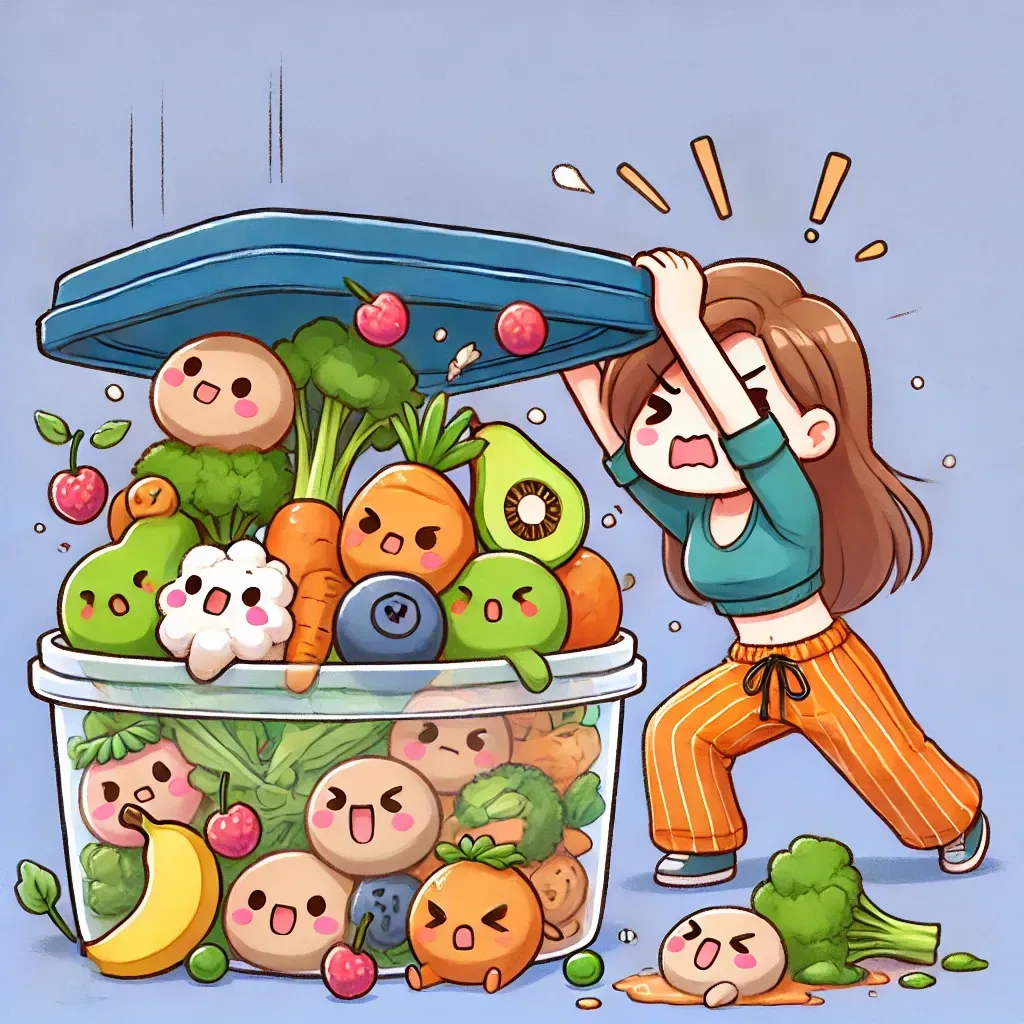The Dirty Dozen (AKA Energy Killers)
The produce section at the grocery store can be your best friend or your worst enemy, depending on what you know. Just because it’s green, leafy or a beautiful color doesn’t mean that you should purchase it.

Enter: the Dirty Dozen
The Environmental Working Group (EWG) continually performs studies on produce to determine the amount of pesticide residue remaining on particular fruits and vegetables that are ready to go to market. Their results are disturbing. All produce is washed and peeled prior to testing, just as a consumer would (hopefully!) do, and still
70% of produce tested was found to harbor pesticides. Just goes to show that washing with water, even scrubbing, doesn’t get rid of the bad stuff.
So does the bad out-weigh the good? Not for these 12 items on the DO NOT PURCHASE list:
- strawberries
- spinach
- kale + collard greens
- nectarines
- apples
- grapes
- cherries
- peaches
- pears
- bell + hot peppers
- celery
- tomatoes
More than 90 percent of the strawberries, apples, cherries, spinach, nectarines, and kale tested showed residue of two or more pesticides. More horrifying: multiple samples of kale showed
18 different pesticides. Eighteen. Did anyone think that they were eating super healthy by adding kale to all their salads and smoothies?
While all research demonstrates the benefits of eating fruits and vegetables (emphasis on the vegetables), it clearly goes deeper than just picking the prettiest apple from the bushel. If you really want to purchase items off the Dirty Dozen list, go organic. Organic produce is grown without the use of pesticides, fertilizers, GMOs or ionizing radiation (organic.org). It’s more expensive, sure, in the short term, but in the long term you won’t be compromising your health.
If you can’t go organic, you’re in luck: the EWG has another list called the
Clean Fifteen!
- avocados
- sweet corn*
- pineapple
- onions
- papaya*
- sweet peas
- eggplant
- asparagus
- broccoli
- cabbage
- kiwi
- cauliflower
- mushrooms
- honeydew melon
- cantaloupe
Relatively few pesticides were found on the above 15 items. And if you want to be
even cleaner, go organic with the Clean Fifteen.
Why should you care?
Here’s a good way for you to think of it: a pesticide is a pest-inside. To put it bluntly, pesticides are made to kill parasites on food, so it stands to reason that they can also kill your good gut bacteria. With an overgrowth of bad bacteria, gut dysbiosis can lead to increased risk of health concerns such as leaky gut, SIBO, diabetes and a variety of autoimmune disorders.
To add insult to injury, they also destroy mitochondria. The mitochondria is the powerhouse of the cell. It is our metabolism and a primary source of energy. Mitochondrial enzymes are very susceptible to damage from environmental toxins. When the mitochondria gets damaged or destroyed we not only decrease our metabolism we decrease our ability to make cellular energy and this spells the F word, fatigue.
In short, pesticides are energy killers.
Stop suffering from fatigue and start feeling energized and in control of your life!
Learn more about my group program, EnergyRx!
Information for this article obtained from:
https://www.ewg.org/foodnews/summary.php
Other Resources:
Bassil, K. L., Vakil, C., Sanborn, M., Cole, D. C., Kaur, J. S., & Kerr, K. J. (2007). Cancer health effects of pesticides: systematic review. Canadian Family Physician, 53(10), 1704-1711.
Sanborn, M., Kerr, K. J., Sanin, L. H., Cole, D. C., Bassil, K. L., & Vakil, C. (2007). Non-cancer health effects of pesticides: systematic review and implications for family doctors. Canadian Family Physician, 53(10), 1712-1720.
European Commission Press Release 2017: Glyphosate.Available from:
http://europa.eu/rapid/press-release_IP-17-5191_en.htm
Don't Miss Out On More!

Heidi Toy FNTP
I help people all over the world heal by identifying and treating the root cause of their body imbalances. Through diet and nutrition, I guide them towards wholeness and balanced lives.
Heidi Toy Functional Medicine Blog














































































































